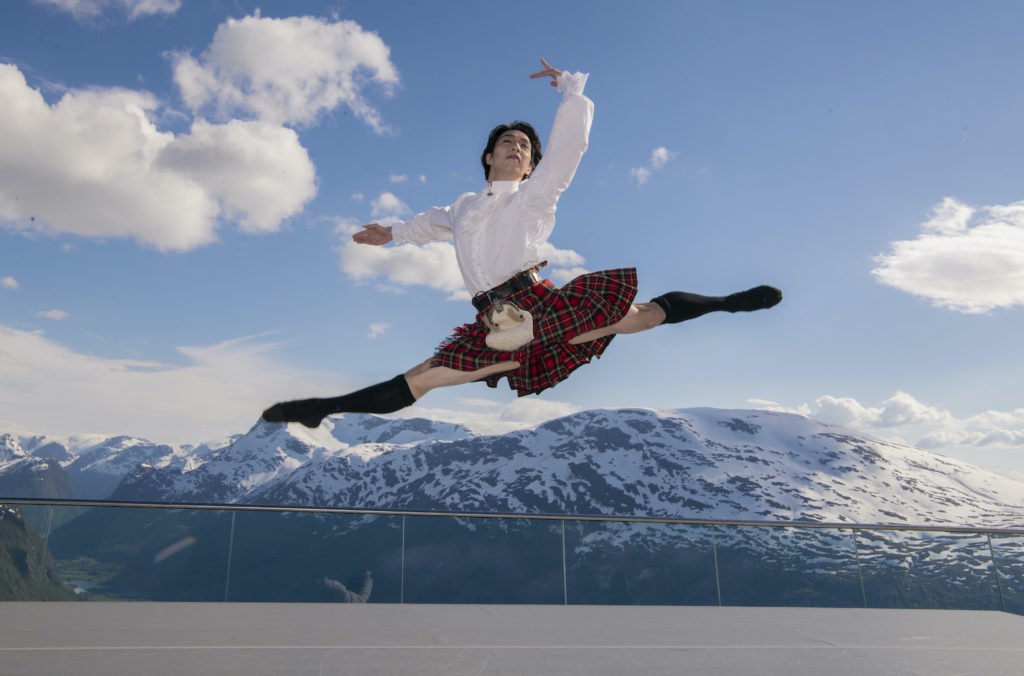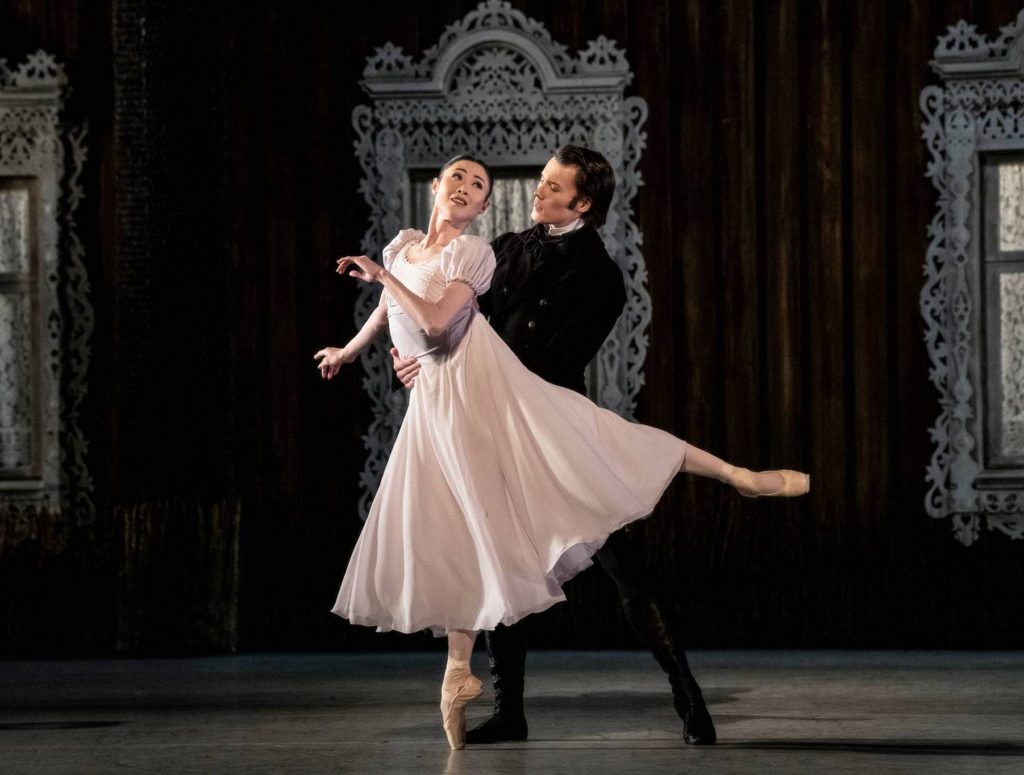Norway: A year with COVID-19
- Home
- City Reports 2020 - 2023
- Norway: A year with COVID-19

By Fredrik Rütter
On March 10, 2020, at 6.35 pm, the audience was mingling in the foyer of Oslo’s opera house, waiting for the doors to the great hall of the theatre to open. The upcoming production by the Norwegian National Ballet was titled A Night of Dance x 12, referring to the 12 ballets, all from well-known choreographers, scheduled to appear on mixed bills over several nights. Suddenly, an announcement was given that the evening’s performance was cancelled due to the coronavirus. The Norwegian government had made the decision that no more than 500 people could be gathered at a time — and the show was sold out, leaving 1400 people trying to understand what was going on.
Two days later, the country closed down, with various restrictions designed to contain the pandemic. Many Norwegians thought that when Easter was over, we’d be back on track, but that didn’t happen. The Norwegian National Ballet started laying off employees, and the dancers trained at home until the end of April, when the company began to be creative in how to keep them busy so they could maintain their technique. First, the company put on short programs at private homes, service institutions and prisons, bringing their own outdoor stages. Audiences watched from balconies or windows. The company toured to Norway’s west coast and brought the stage to the top of a mountain, where the audience arrived via gondola. The dancers performed The Dying Swan and excerpts from La Sylphide, among other pieces.

Due to ongoing performance restrictions, it was impossible to honour dancers who were retiring after the spring season by cheering them in the theatre. A leading dancer for many years, Eugenie Skilnand, gave her farewell through a streamed performance, as did others.
Norwegian National Ballet also arranged a series of performances on the rooftop of the Oslo opera house, which accommodated five stage areas. Only dancers from the same cohort could take part, and real-life couple Grete Sofie Nybakken and Douwe Dekkers performed a pas de deux about living together in such close proximity. Another piece depicted a young couple who had planned to get married in Australia that summer: Australian dancer Samantha Lynch and her fiancé, strategic risk underwriter/credit analyst Michael-Marco Simonsen, onstage for the first time. The humorous piece showed Lynch doing class at home in the kitchen while Simonsen tried to communicate with his customers.
The title of the evening, We Are Better Now, might not have been true for everybody. Shaakir Muhammad from New York, for instance, was itching to get back to his family, but if he left Norway, it could be impossible for him to return for some time.
The optimism felt by many when the opera house opened again in August disappeared when it closed down again in September. New planned performances had to be cancelled, and so the uncertainty continued during the autumn. Short periods occurred when performances to audiences restricted to 200 were possible, but then even that was prohibited. In November, 2020, Oslo and many areas in the country closed down completely, and remain so today. For the annual Nutcracker, the Norwegian Broadcasting Society recorded a performance at the opera house, without an audience, which was shown online several times over Christmas and the New Year, with an estimated one million viewers.

At the end of the 2020-2021 season in September, another retiring dancer who deserves a proper farewell will be Maiko Nishino, who has danced with Norwegian National Ballet since 1999 and is one of its most prominent soloists. In case that is not possible, the theatre has arranged for a digital farewell in the beautiful Onegin by John Cranko, with new sets by John Kristian Alsaker and costumes by Ingrid Nylander. The production has already been streamed once, and the hope is that it can be danced live in September. Nishino, as Tatiana, is still superb — with a hopeless feeling, one realizes yet again that a dancer’s career is often over when the dancer herself is at the top of her game.
There have been some possibilities for having audiences in the theatres throughout the country during the beginning of 2021. But, as we continue to see, venues can be closed down overnight. So, a year after the first shutdown, it is still impossible to predict when and what is going to happen, though vaccines are due and might help. As of writing, it is not known if the Bergen International Festival in May can go ahead. The festival is planning to premiere Montreal-based Frédérick Gravel’s mysteriously titled But Then, We´ll Disappear (I’d Prefer Not To), created for Carte Blanche, Norway’s national contemporary dance company. Let’s keep our fingers crossed this will happen. Till then, stay healthy, all of you, please.

